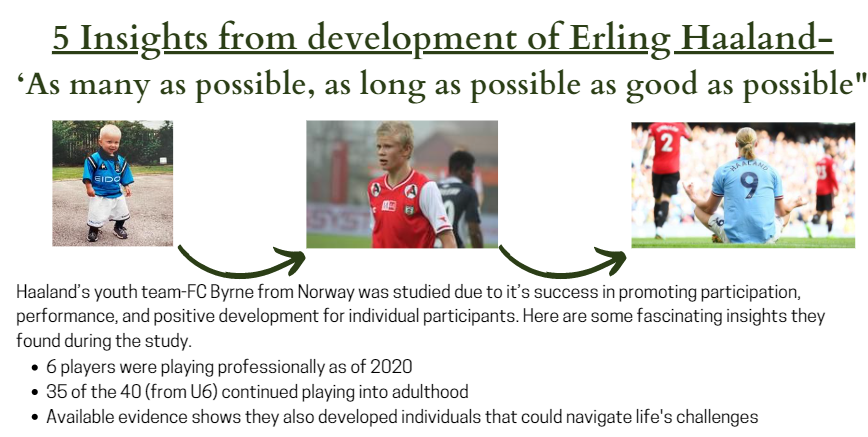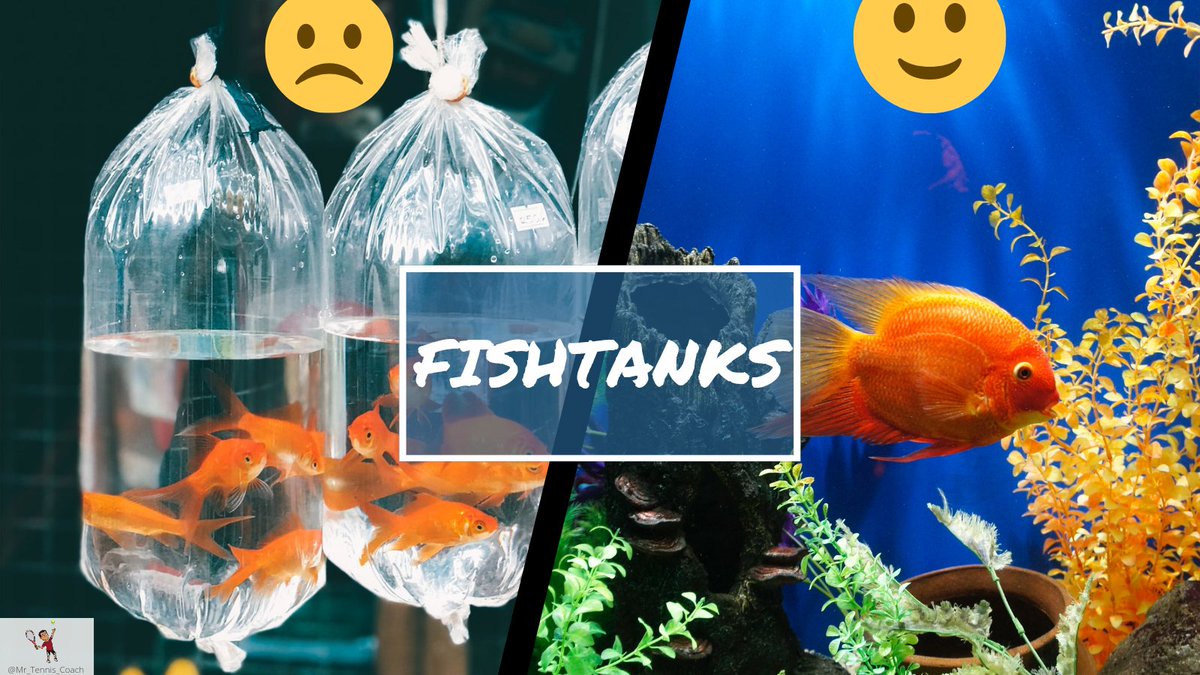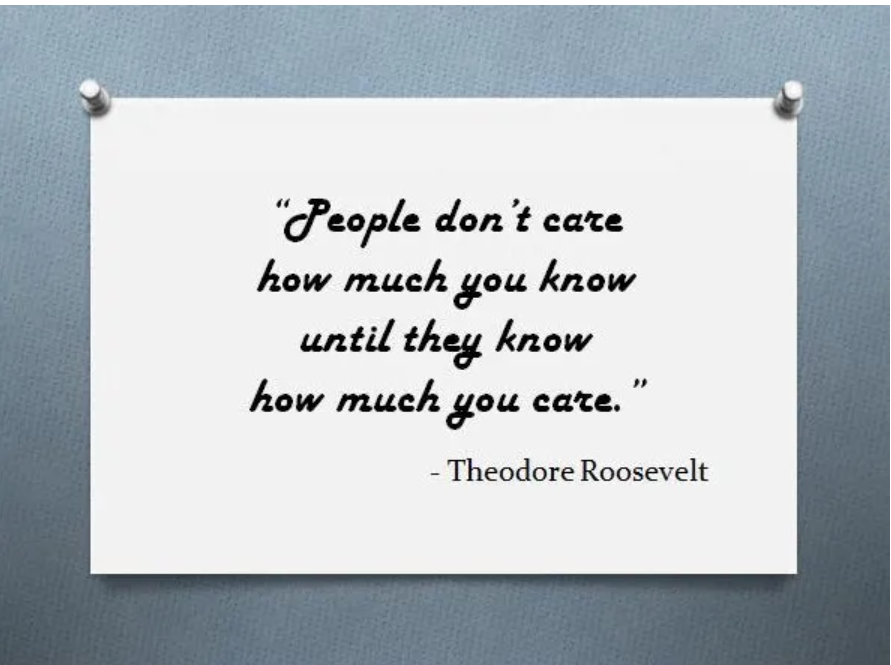
The #SMSC22 had over 20 highly informative speakers over the 2 days.
The Sports Movement Skill Conference is always great event that has had a huge impact on my growth as a coach over the years.
Here are 10 takeaways for coaches from the 2022 edition
The Sports Movement Skill Conference is always great event that has had a huge impact on my growth as a coach over the years.
Here are 10 takeaways for coaches from the 2022 edition
I made it to as many presentations as I could over the two days but missed a few which I'm looking forward to catching up on.
I took so much from each presentation but I constrained myself to only having 10 takeaways for the purpose of the thread
I took so much from each presentation but I constrained myself to only having 10 takeaways for the purpose of the thread
#1 Keith Davids -Respect Person-Environment Relationship
The Relationship between person& environment is the key concept that underpins Ecological Dynamics. We have the take the person & environment and appreciate it as one.
The Relationship between person& environment is the key concept that underpins Ecological Dynamics. We have the take the person & environment and appreciate it as one.
#2 @stu_arm - Develop game players rather than 'technical' experts
He was talking about younger players but it holds through at all stages. If we want to develop ‘game players’ we need to present them with lots of opportunities to engage with game like problems in practice.
He was talking about younger players but it holds through at all stages. If we want to develop ‘game players’ we need to present them with lots of opportunities to engage with game like problems in practice.
#3 @w_roberts6 - Power of Questioning
Utilising questions to help guide the search without necessary needing as verbal response. The players can show their understanding through their behaviours in the game and coaches need to observe carefully for these
Utilising questions to help guide the search without necessary needing as verbal response. The players can show their understanding through their behaviours in the game and coaches need to observe carefully for these
@w_roberts6 #4 @ShakeyWaits - Principles
Coaching through the Ecological Approach is all about principles. There are some key principles of practice design and the coach has lots of freedom to use different methods within these principles. Check these principles out here 👇
Coaching through the Ecological Approach is all about principles. There are some key principles of practice design and the coach has lots of freedom to use different methods within these principles. Check these principles out here 👇
https://twitter.com/Mr_Tennis_Coach/status/1510007116198727693
#5 @CarlWoods25 Learning with people
This was a simple but really powerful takeaway from his presentation. Learning is not done for people it's done with people.
If we take this view our role as a coach should be as a facilitator that works with the player(s)
This was a simple but really powerful takeaway from his presentation. Learning is not done for people it's done with people.
If we take this view our role as a coach should be as a facilitator that works with the player(s)
#6 @MovementMiyagi Importance of Analysis
To truly get an insight into a players movement system there are so many things that you need to take into account. A deep analysis of their behaviours during performance can really help in the design of sessions for the players
To truly get an insight into a players movement system there are so many things that you need to take into account. A deep analysis of their behaviours during performance can really help in the design of sessions for the players
@MovementMiyagi #7 @Marianne_D1 Importance of Autonomy & Support
If we want players to learn they need to be willing to be challenged & make mistakes in training (enter the ugly zone). For players to be comfortable with this the coach needs to give lots of autonomy & support to give safety
If we want players to learn they need to be willing to be challenged & make mistakes in training (enter the ugly zone). For players to be comfortable with this the coach needs to give lots of autonomy & support to give safety
https://twitter.com/1205239927786688514/status/1547564743803617280
#8 @karenekman Fun & Enjoyment at the core of practice
Fun and enjoyment need to be at the core of all practice design. If players are having fun they are much more likely to be willing to explore and discover new possibilities for action
Fun and enjoyment need to be at the core of all practice design. If players are having fun they are much more likely to be willing to explore and discover new possibilities for action
#9 @rob_gambardella- Is my training for me or for the athletes?
Coaches need to ask themselves are the practice activities used to make themselves feel good or to actually help their athletes in their development. A nice filter coaches can use in their planning
Coaches need to ask themselves are the practice activities used to make themselves feel good or to actually help their athletes in their development. A nice filter coaches can use in their planning
#10 Group discussion- Language Use
How can we meet coaches where they are to help them. Language is perceived as a barrier so this needs to be addressed. We recognise there is value in the language but if it's putting people off then we need to address it
How can we meet coaches where they are to help them. Language is perceived as a barrier so this needs to be addressed. We recognise there is value in the language but if it's putting people off then we need to address it
1. Respect Person-Environment Relationship
2. Develop game players rather than 'technical' experts
3. Power of questioning
4. Principles
5. Learn with
6. Importance of Analysis
7. Autonomy & Support
8. Fun and Enjoyment
9.Training for me or athletes
10. Language use
2. Develop game players rather than 'technical' experts
3. Power of questioning
4. Principles
5. Learn with
6. Importance of Analysis
7. Autonomy & Support
8. Fun and Enjoyment
9.Training for me or athletes
10. Language use
That's a wrap!
Thanks again to everyone @EMERGENTMVMT that made this event possible
If you enjoyed this thread:
1. Follow me @Mr_Tennis_Coach for more of these
2. RT the tweet below to share this thread with your audience
Thanks again to everyone @EMERGENTMVMT that made this event possible
If you enjoyed this thread:
1. Follow me @Mr_Tennis_Coach for more of these
2. RT the tweet below to share this thread with your audience
https://twitter.com/Mr_Tennis_Coach/status/1589340637551378433
• • •
Missing some Tweet in this thread? You can try to
force a refresh







